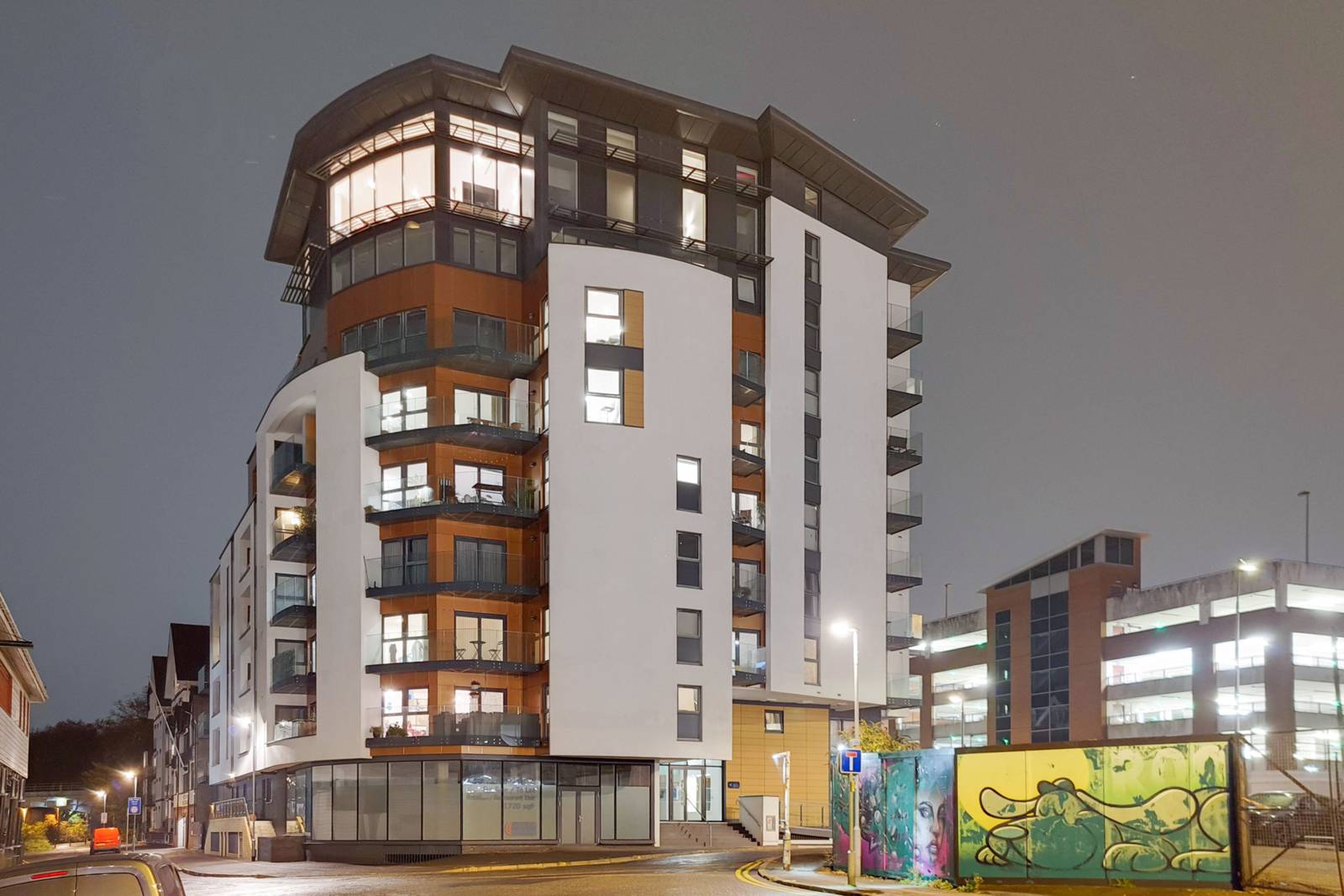
Interest-ing times ahead
Since the start of the pandemic, the UK property market has made it a point to do the exact opposite of what many major news headlines predicted.
So far, the market has shrugged off every strain of COVID-19, lockdowns, Brexit, and the frequent warnings of a crash or correction. As of August 2021, the UK official house price index grew at an annual rate of 10.6%, a near-record pace since 2007. Unbelievable… or is it?
We’ve all learned the painful (or profitable, if you’re a UK homeowner) way that we can’t know what the property market will do. But what we can know is what direction interest rates are going to be heading very soon: up.
The Bank of England has surprised economists by keeping the rate at 0.1% in November, but Reuters reports that surveyed economists expect a hike of 15 basis points in December, or early next year at the latest. And it’s likely to be the beginning of a string of interest rate rises, partly in response to rising inflation. With the rate set so low for so long, nobody seems to be really surprised at the news.
What does this mean for property prices?
In theory, higher interest rates will make owning a property more expensive and push a lot of buyers out of the market, cooling prices.
But after seeing the property market laugh in the face of so many predictions, even analysts and experts don’t seem so sure how the property market will respond to the interest rate hikes. Many of them are resorting to the safest answer — ‘it depends’.
Well, depends on what?
- Labour market: The labour market is seen as an important indicator of the health of the overall economy. So far, we seem to be doing OK with unemployment under 5%.
- Property supply: The fact remains that there isn’t enough houses in the UK, and this dynamic sets the fundamental bedrock of the market
- Timing and size of the hikes: OK, rates will go up. But how high, how often, and how by how much? We don’t know yet.
- Lotsa other things: The Coronavirus, for one thing. The UK is well-vaccinated and seems to be putting on a strong face and opening up, but we can’t put our guards down yet. There are also supply chain and demographic concerns because of — oh yeah, Brexit.
So should you lock in a ‘sweet deal’ at a lower interest rate while you still can?
Non-resident investors are often charged a higher rate than the locals to begin with, so higher interest rates can have a strong impact. If you buy before the rates go up, you could potentially lock in a fixed lower rate for up to 10 years.
But should you do it?
The best way to find out is to consult your UK mortgage broker. The upside is that you will be protected against future rate hikes, which sounds like a smart thing to do at the moment. The downside is that usually the longer you ‘fix’ your interest payments for, the more expensive your payments will be. The penalty for early repayment can also be higher.
As a general rule, if you’re considering holding the property for the long-term, now would be a good time to consider a fixed-rate product.
Join the UK Property Insider for free to get content like this every week.